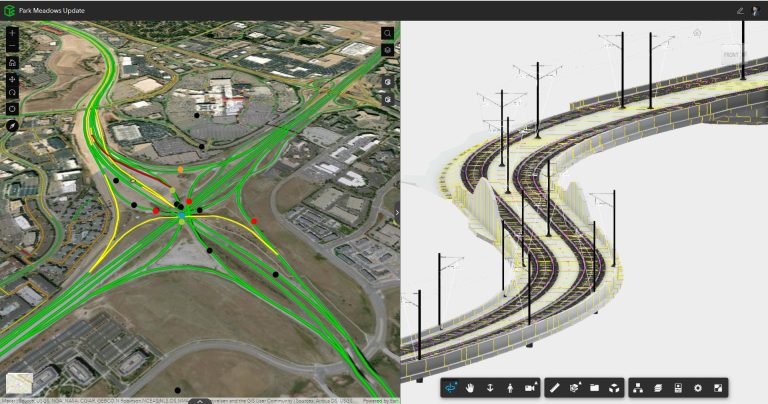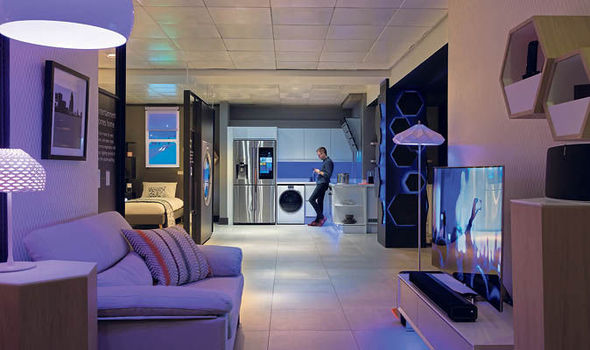Everyone understands the reasons risk management is important – both within construction and elsewhere – but at a time of great pressure to ‘build back better’ and rebuild the economy, it’s more vital than ever to manage risk smoothly and efficiently. Here, Dr Stuart Kings, director at Sypro and NEC4 co-author, examines how the introduction of the Early Warning Register within NEC4 works closely with cloud-based contract management systems to communicate and effectively manage potential risks, while minimising further impact elsewhere. The construction industry is currently facing a whole host of challenges that present risk to ongoing and upcoming projects, with the risks primarily being driven by a shortage of both materials and labour within construction – all set against the background of post-pandemic recovery. Earlier this year, the Construction Leadership Council (CLC) warned that a fair approach was needed towards supply of materials, going as far as suggesting rationing to make sure smaller firms get their fair share of dwindling supplies. Several months later, the demand for supplies both in the UK and globally continues to dramatically outstrip supply. Record sales of building materials are putting enormous pressure on supply chains, which are still in the process of recovery from the pandemic – and there is no indication of shortages improving over the coming months. This of course presents construction schemes with the risk of not being able to acquire supplies critical to their completion, paying much higher prices that squeeze budgets further, or having to alter designs and source alternative products. Indeed, surge in demand will impact smaller companies in greater ways, with SMEs unable to purchase key materials off the shelves, or even afford them. Some may be forced to delay starting schemes on site altogether until they have certainty on product availability in order to keep risks as low as possible – but all of this ramps up the financial pressure, especially on smaller businesses. Another big issue causing potential risk to construction schemes is a shortage of hauliers to get supplies to where they are needed. Brexit has led to the loss of some 15,000 European drivers this year, and the remaining drivers are having to undertake COVID tests and self-isolate where necessary, further exacerbating the shortage. The global shipping industry is also struggling in its post-pandemic recovery, facing congested shipping routes, container cancellations and higher costs, which continue to impact global supply chains – including construction materials. It is crucial that builders and contractors maintain open communications with their customers regarding lead times, possible product substitutions and early notice of price increases – which is where excellent project and contract management systems will become incredibly important. But, how best to manage this risk assessment and communication? NEC contracts have a clear and simple, yet centrally important process for early warnings, whereby the Contractor and Project Manager must notify each other of any matter that could affect the cost, completion, progress or quality of the project. The move from NEC3 to NEC4 was labelled as an ‘evolution, not a revolution’, building on and improving what we were already working with. The updates were about the key principles of being risk-focussed, planned and transparent. As well as mitigating any impairment on a project, the focus is to safeguard timelines, objectives and change the procedure of risk reporting, and therefore mirror the principles of good project management. With regards to early warnings, in NEC4 the ‘Risk Register’ was renamed to the ‘Early Warning Register’ to help separate it from the project risk register, which is often used as a wider project management tool. Default periods for early warning meetings have been set to allow the Project Manager and project team to mitigate any risks quickly and efficiently. There were shortcomings in the previous iteration, including the fact that the Project Manager did not convene meetings and did not put together a first Risk Register. Additionally, early warning meetings were held sporadically and not always with the involvement of the supply chain. Following the changes, there is a clear mandate that the Project Manager issues an Early Warning Register to the Contractor within one week of the starting date. Secondly, the Project Manger convenes a first early warning meeting within two weeks of the starting date and thereafter imposes regular meetings – at the interval states in the Contract Data – to initiate a better ethos and culture of risk under the Engineering and Construction Contract. These key changes appear under clause 15.2 to promote a better management of risk, and so the role of the Project Manager becomes much clearer and proactive in managing the process. The early warning process is simple in principle and critical to the success of NEC contracts and facilitating the spirit of mutual trust and cooperation required by clause 10.1 of the contract. The contract administrator must give the process, and the associated risk, the attention it deserves and develop and use their soft skills to get the best out of risk reduction meetings. Any software system for contract management should facilitate this using a cloud-based – and therefore paperless – process. This is easy to implement under NEC4, which states that ‘if the Scope specifies the use of a communication system, a communication has effect when it is communicated through that system specified in the Scope’ – meaning that the communication has effect only when it takes place through the system. With a cloud-based system, the Project Manager and Contractor can seamlessly manage risk ‘on the go’ from any handheld device – with the digital approach creating one central point of truth, minimising the risks of miscommunication that could exacerbate any issues further. Considering the pressures facing the industry at the moment presenting more risk than ever, the implementation of systems that improve transparency, efficiency, information exchange and the all-important element of risk management will ensure that we keep projects on track, building back better and delivering the high-quality schemes the construction industry is known for. For more information, please














